Moscow: A Global Hub at the Heart of Eastern Europe
Related Articles: Moscow: A Global Hub at the Heart of Eastern Europe
Introduction
In this auspicious occasion, we are delighted to delve into the intriguing topic related to Moscow: A Global Hub at the Heart of Eastern Europe. Let’s weave interesting information and offer fresh perspectives to the readers.
Table of Content
Moscow: A Global Hub at the Heart of Eastern Europe

Moscow, the sprawling capital of Russia, holds a prominent position on the world map. Situated in the westernmost part of Russia, Moscow serves as a vital nexus for politics, culture, and commerce, connecting the East and West.
A Geographical Overview
Moscow’s location within the East European Plain, specifically on the Moskva River, is crucial to understanding its historical and modern significance. It sits at the heart of Russia, approximately 400 miles south of St. Petersburg, the country’s former capital.
Latitude and Longitude
- Latitude: 55.7558° N
- Longitude: 37.6173° E
This geographical positioning places Moscow within a temperate climate zone, experiencing distinct seasons with warm summers and cold winters. The city’s location also provides access to various transportation routes, contributing to its historical development and present-day global connectivity.
The Importance of Moscow’s Location
Moscow’s location is a crucial factor in its emergence as a major global city. Its strategic position within Russia facilitated its rise as the nation’s political, economic, and cultural center.
- Historical Significance: Moscow’s central location within the East European Plain has played a significant role in its historical development. It was a vital trading center on the Silk Road, connecting Europe and Asia, and its strategic position made it a target for various empires throughout history.
- Political Power: Moscow’s location within the heart of Russia has cemented its role as the nation’s political capital. Its central position allows for efficient communication and governance across the vast expanse of the country.
- Economic Hub: Moscow’s location within the East European Plain provides access to various natural resources and transportation routes, making it a key economic hub for Russia and the surrounding region.
- Cultural Center: Moscow’s position as a major center of culture and education is further enhanced by its location. The city attracts artists, musicians, and scholars from around the world, making it a vibrant hub for cultural exchange.
Moscow’s Global Connectivity
Moscow’s strategic location has fostered strong international connections. It is home to a major international airport, Sheremetyevo International Airport, and serves as a central hub for various transportation networks, including railways and roadways. This connectivity facilitates trade, tourism, and cultural exchange with other countries, contributing to Moscow’s global influence.
Moscow’s Role in the Global Landscape
Moscow’s unique position on the map has shaped its role in the global landscape. Its historical significance, political influence, economic power, and cultural vibrancy have made it a major player in international affairs.
- Global Diplomacy: Moscow serves as a major center for international diplomacy, hosting numerous summits, conferences, and diplomatic missions.
- International Trade: Moscow is a key player in international trade, serving as a hub for various industries, including energy, finance, and technology.
- Cultural Exchange: Moscow’s vibrant cultural scene attracts artists, musicians, and scholars from around the world, contributing to its global reputation as a center for cultural exchange.
FAQs
Q: What is the closest major city to Moscow?
A: The closest major city to Moscow is St. Petersburg, Russia’s former capital, located approximately 400 miles to the northwest.
Q: What is the time difference between Moscow and other major cities?
A: Moscow operates on Moscow Standard Time (MSK), which is three hours ahead of Coordinated Universal Time (UTC). The time difference between Moscow and other major cities varies depending on their location.
Q: What is the climate like in Moscow?
A: Moscow experiences a humid continental climate with warm summers and cold, snowy winters. The city enjoys a moderate amount of precipitation throughout the year.
Q: What are some of the most popular tourist attractions in Moscow?
A: Moscow boasts a wealth of historical and cultural attractions, including the iconic Red Square, the Kremlin, St. Basil’s Cathedral, the Bolshoi Theatre, and numerous museums and art galleries.
Tips for Visiting Moscow
- Plan your trip in advance: Moscow is a popular tourist destination, so it is essential to book flights, accommodation, and tours well in advance.
- Learn some basic Russian phrases: While English is widely spoken in Moscow, learning a few basic Russian phrases can enhance your travel experience.
- Dress appropriately: Moscow’s climate can be unpredictable, so it is essential to pack for all types of weather.
- Be aware of your surroundings: As with any major city, it is essential to be aware of your surroundings and take precautions against theft.
- Explore the city’s diverse neighborhoods: Moscow is a city of contrasts, with diverse neighborhoods offering a range of experiences.
Conclusion
Moscow’s strategic location at the heart of Russia has shaped its historical development, political influence, economic power, and cultural vibrancy. As a major global hub, Moscow continues to play a crucial role in international affairs, connecting the East and West through trade, diplomacy, and cultural exchange. Its unique position on the map makes it a fascinating destination for travelers and a vital center for global activity.


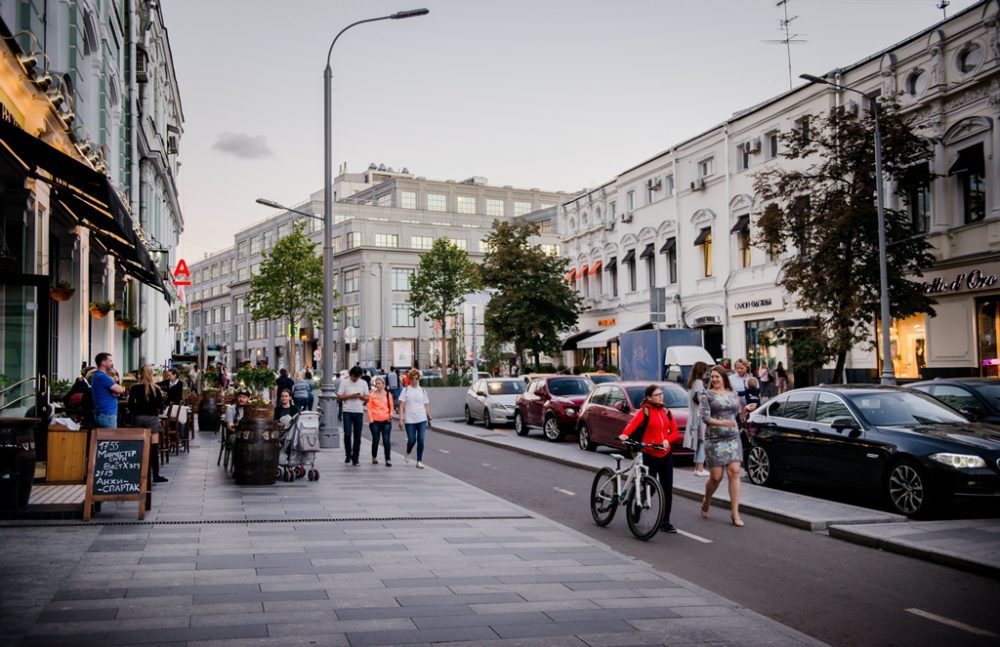
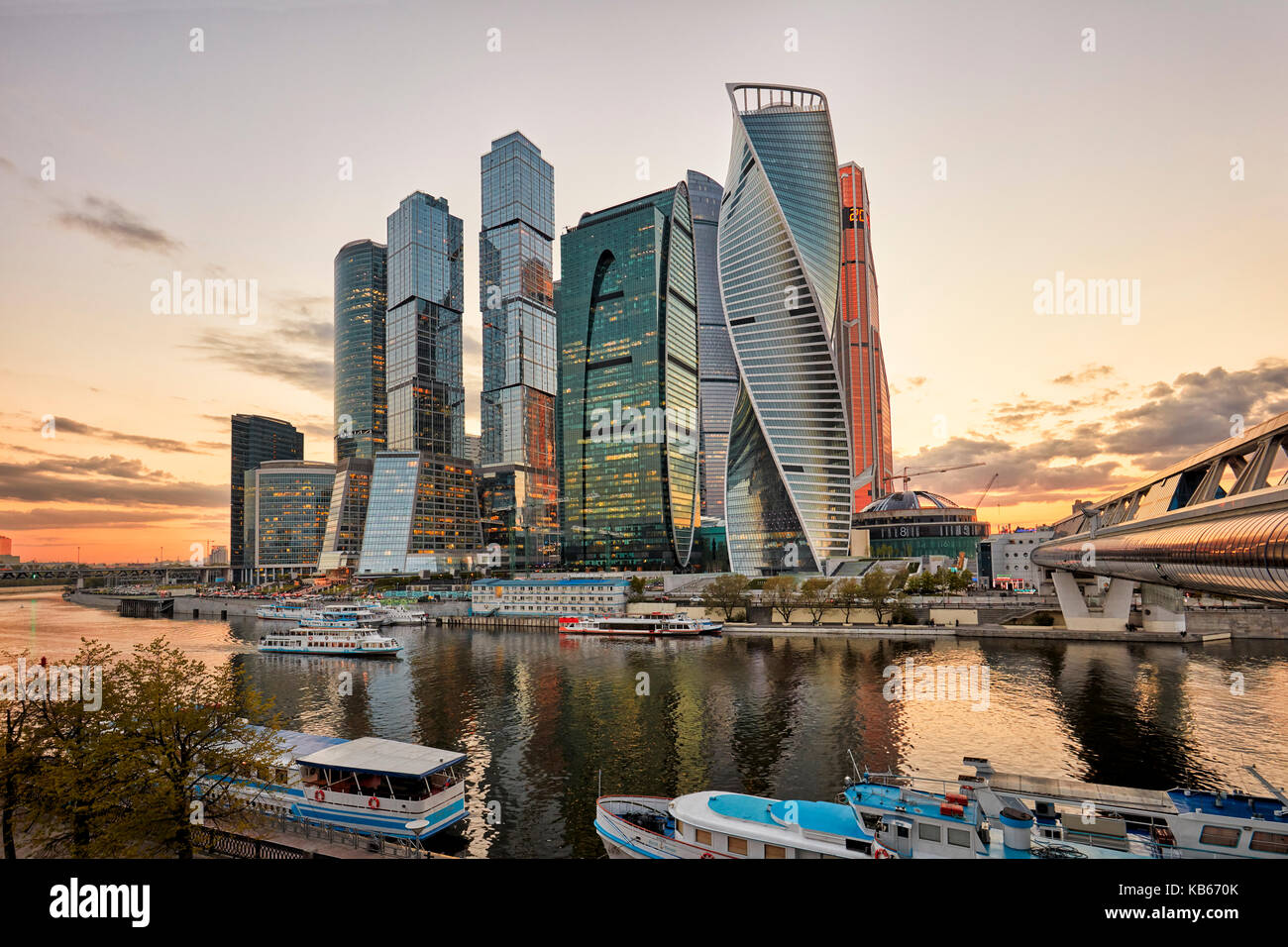
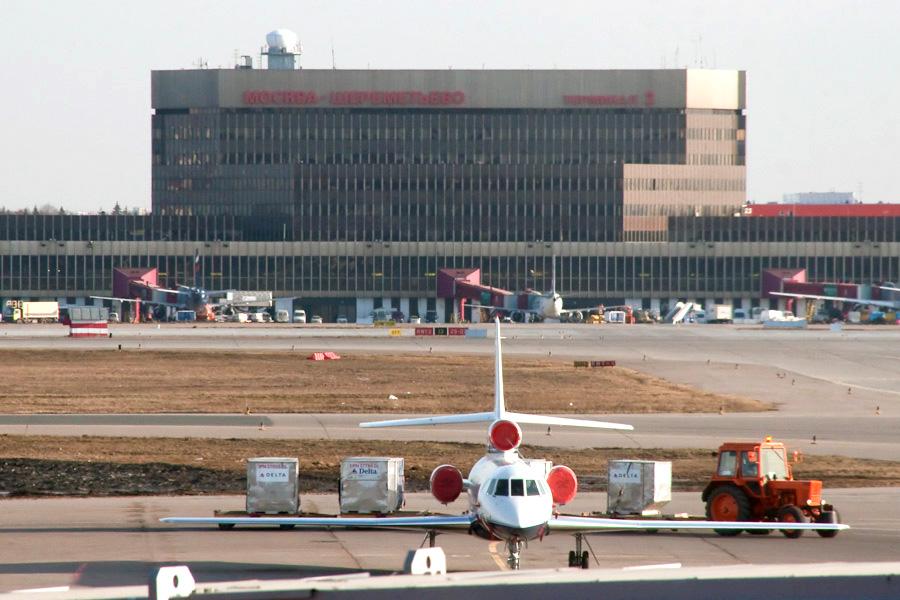

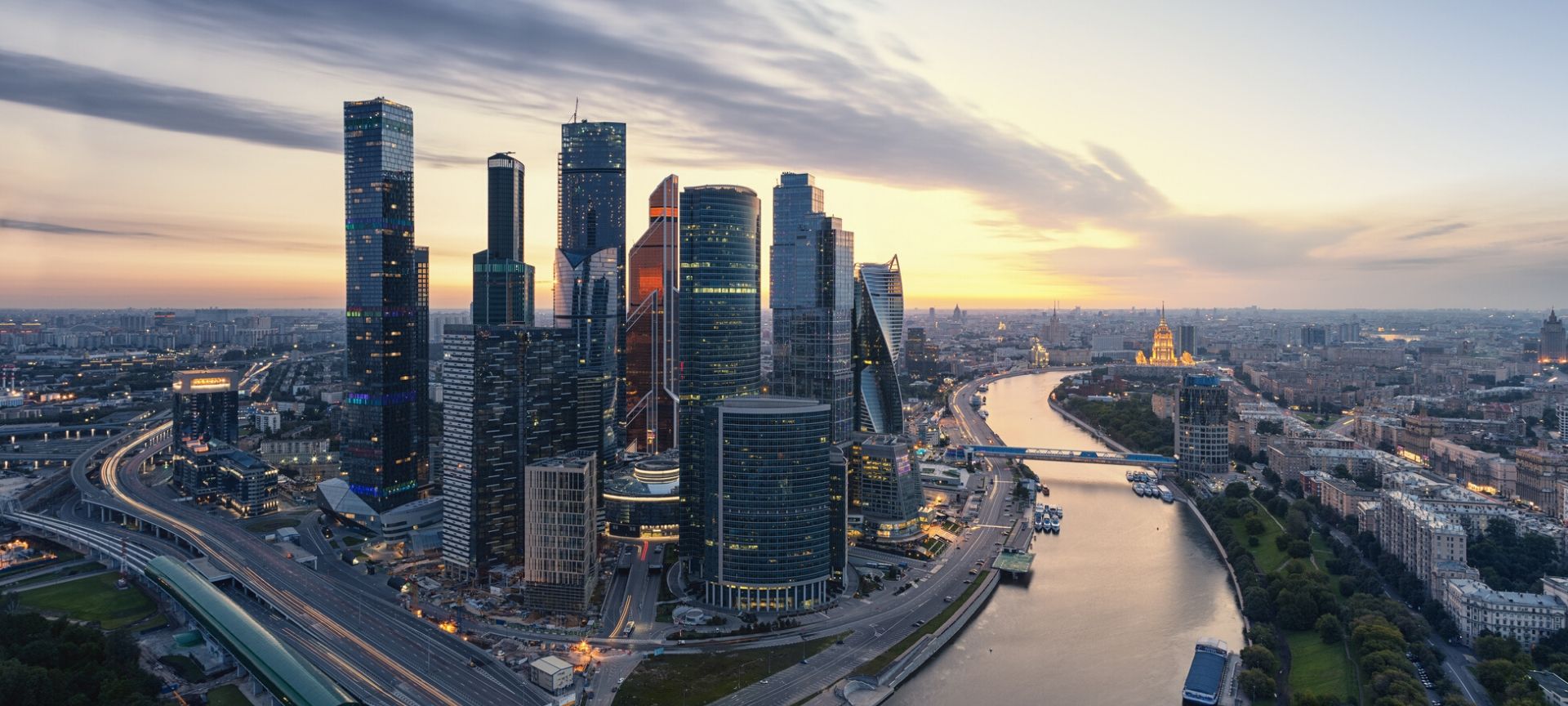
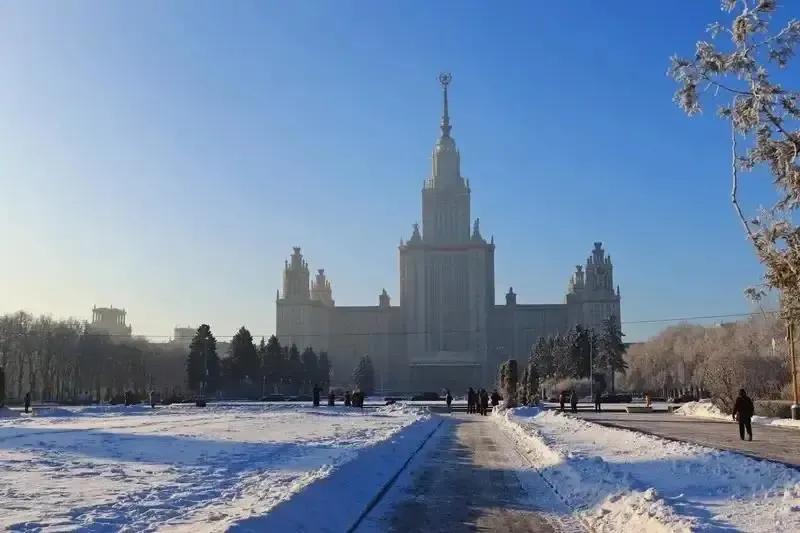
Closure
Thus, we hope this article has provided valuable insights into Moscow: A Global Hub at the Heart of Eastern Europe. We thank you for taking the time to read this article. See you in our next article!